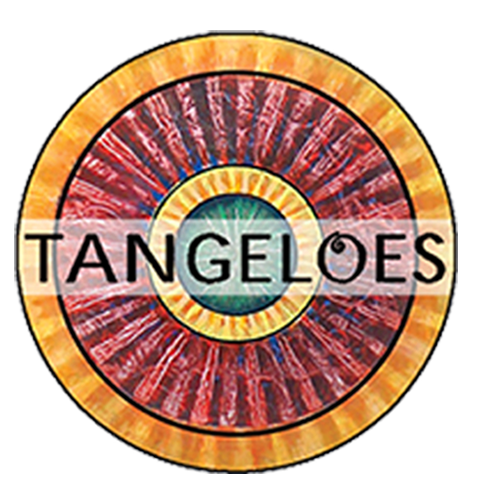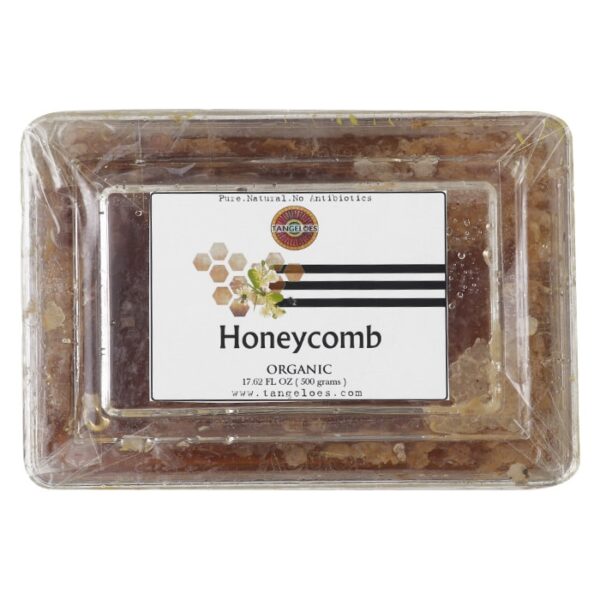Blog
Strategy For Smart, Sustainable Society and Inclusive Growth

Strategy For Smart, Sustainable Society and Inclusive Growth Individual Steps
Reduce:
Buy Less: Focus on purchasing only what you truly need, avoiding impulse buys.
Choose Durability: Opt for durable and long-lasting products.
Avoid Single-Use Items: Say no to plastic bags and disposable cutlery.
Reuse:
Reusable Items: Use reusable shopping bags, water bottles, and coffee mugs.
1-Recycle:
Proper Recycling: Learn and follow local recycling guidelines.
Creative Repurposing: Use old containers and jars for storage or craft projects.
E-Waste Recycling: Research and take electronics to designated drop-off points.
2-Repair:
DIY Fixes: Acquire basic repair skills for clothes, electronics, and furniture.
Support Repair Shops: Extend the life of your belongings by using local repair services.
Donate Unwanted Goods: Repair broken items and donate them if you no longer need them.
Embrace the Circular Economy
3-Resource Recovery:
Raw Materials: Support businesses using sustainable, locally sourced materials.
Waste as a Resource: Compost food scraps and creatively use other types of waste.
4-Research and Innovation:
Support Sustainable Companies: Choose businesses that prioritize eco-design and sustainability.
Stay Informed: Keep up with new waste management solutions and sustainable practices.
5-Refill and Rethink:
Minimal Packaging: Select products with minimal packaging.
Refill & Reuse: Choose refillable containers when possible.
Eco-Friendly Packaging: Support companies using recycled or compostable materials.
Additional Steps
6-Repair and Rebuild:
Creative Repurposing: Find innovative ways to repurpose items.
Support Local Repair Businesses: Choose repair over replacement for minor issues.
Learn Basic Repair Skills: Equip yourself with skills to repair clothes, electronics, and furniture.
7-Residual Waste:
Sustainable Disposal: Properly manage residual waste that cannot be reused or recycled.
By integrating these steps into your daily life, you can contribute to a more sustainable and circular economy, reducing your environmental impact and promoting a healthier planet. Remember, a zero-waste lifestyle is a journey, not a destination. Start small, celebrate your progress, and inspire others to join you on the path to a greener future!











